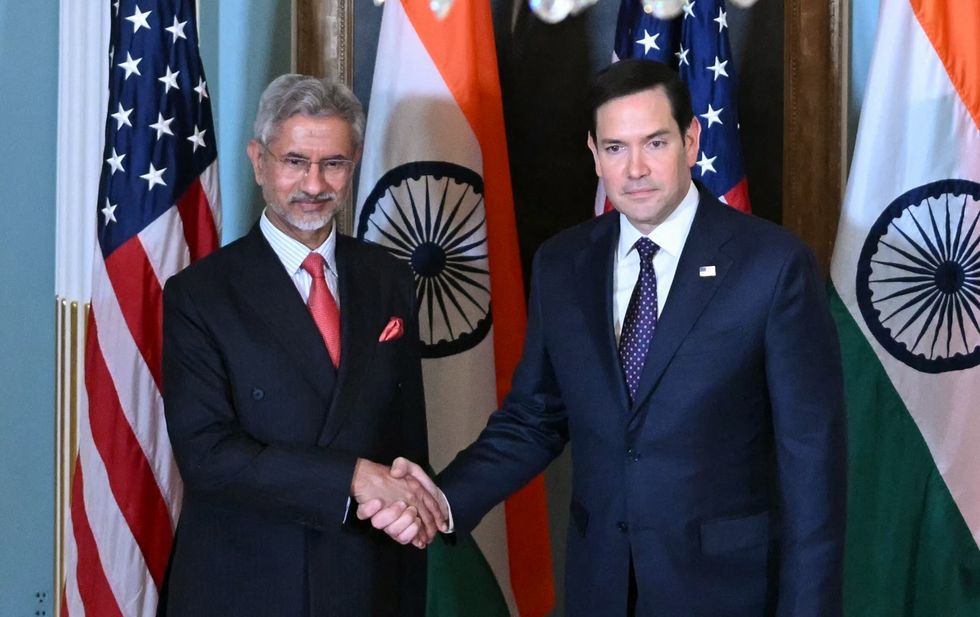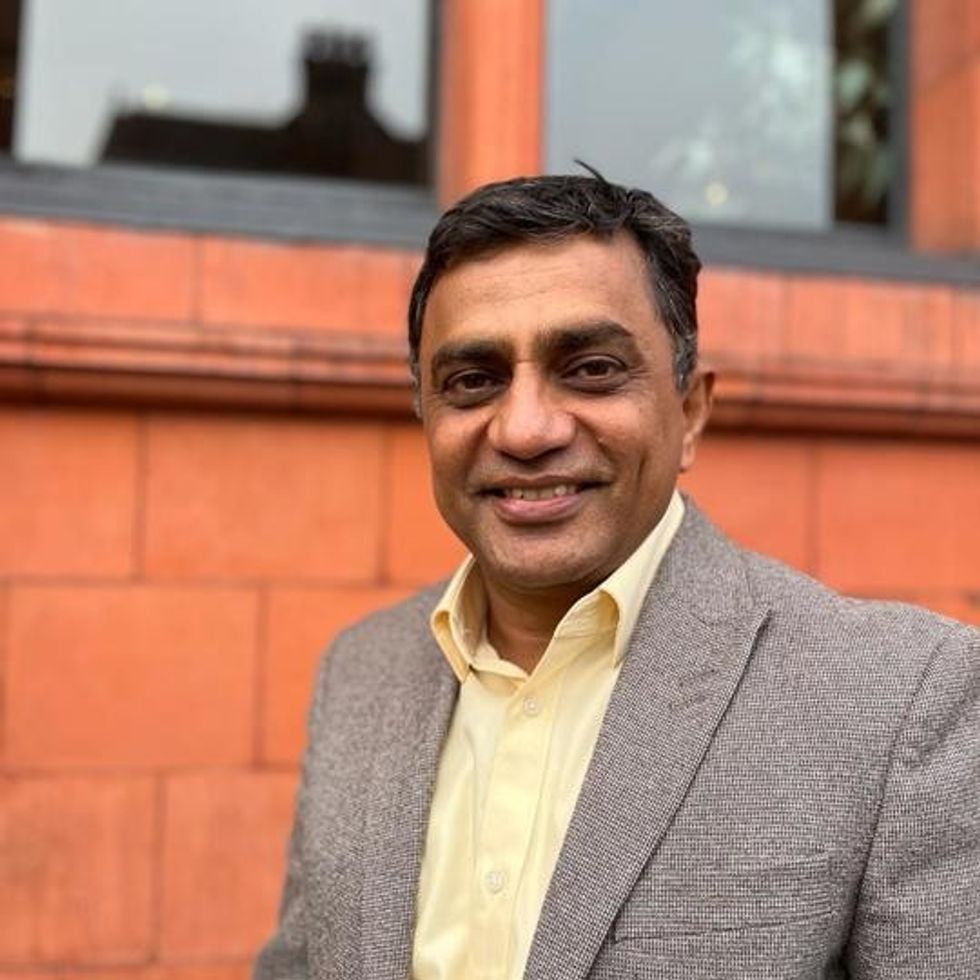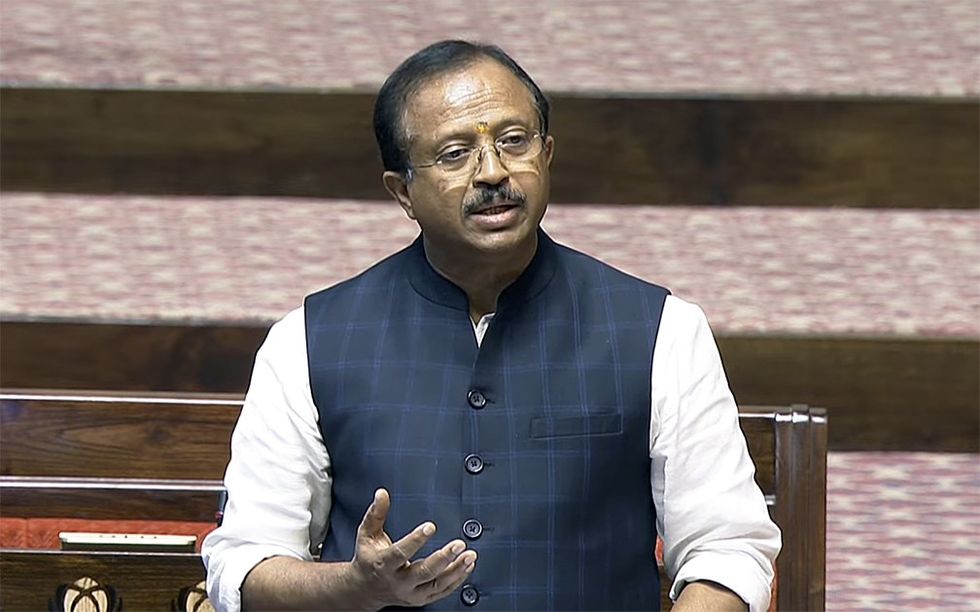by REENA KUMAR
ATTACKS against Muslims have become more aggressive and fear of being assaulted is spreading among some in the community following the series of terrorist attacks in the UK, according to campaigners, as Islamophobic crimes rose by 13 per cent in London in the last year.
Imaan Atta, director of Tell Mama, which tackles attacks against Muslims, told Eastern Eye that the “base line” of anti-Muslim hate crime had gone up after the incidents in Westminster, Manchester and London Bridge.
Last month’s attack in Finsbury Park, where one man was killed and eleven people were injured when a van allegedly ploughed into worshippers as they left a mosque, had also resulted in a rise in Islamophobic incidents, Atta added.
Organised and coordinated criminal activities targeted at mosques around the UK had resulted in white powder and threatening letters being sent to several religious institutions, she said.
Following police investigation, the powder was identified as sodium bicarbonate. “It’s about threatening the mosques,” Atta said.
“There was an increase in the number of Muslim women being spat on and having their hijabs tampered with, particularly on public transport.
“People are more aware of what anti-Muslim attacks might look like, but it’s still under reported. There’s so much fear within the community, there’s concern around safety and a
lack of trust between the community and the police.
“The manner of attacks is becoming more aggressive in the last few months compared to previous years; anything that looks visibly Muslim gets attacked.”
Tell Mama has worked with the police and identified certain crimes as anti-Muslim to ensure
that they are recorded as such.
Atta said the police were moving in the right direction when looking at hate crimes, but added: “There’s a growing fear in the community.
“Rest assured that things are being handled, but it is vital that attacks are recorded.”
In the month before the Manchester Arena suicide bombing, which killed 23 people including the lone terrorist, 25 attacks in the city were reported, which dramatically rose to 139 hate crimes in June.
Areas with high rates of Islamaphobic attacks include London, Manchester, Yorkshire, the West Midlands and Glasgow, according to Tell Mama.
Detectives in Manchester launched an investigation last Sunday (16) night after the Nasfat Islamic Centre was gutted by a fire after the third suspected arson attack in three years.
Monsurat Adebanjo-Aremu, the mosque secretary, said it had previously been targeted by vandals who threw two pigs’ heads inside and urinated outside the building in the past year.
The suspected arson attack is expected to be treated as a possible hate crime by Greater
Manchester police, which says it is taking a zero-tolerance approach following a huge spike in Islamophobic incidents since the Manchester attack.
Meanwhile, in London, a man allegedly tried to pull off a Muslim woman’s hijab and spat at
her friend last weekend on the underground.
Police are investigating after the woman, who posted about the incident on Twitter, said she was waiting for the tube at Baker Street early last Saturday (15), when she alleges she was set upon.
A British Transport Police spokesman said the incident was being investigated as a hate
crime, adding: “Behaviour like this is totally unacceptable and
will not be tolerated. This incident has been reported to us and we’re investigating.”
However the man who was accused of carrying out the assault claimed on Twitter that he had been defending his partner from what he called a “racist attack”.
Faeeza Vaid, executive director of the Muslim Women’s Network UK, told Eastern Eye:
“Women who are visibly Muslim have shared that they are now more cautious when travelling in public places, particularly as there have been many examples of anti-Muslim hate crimes reported in the media.
“From the Muslim women we have spoken to, they are putting in more safety measures when out and about, and some women are choosing not to go out unless necessary. It depends on where and what time they are going, who they’re going with, and who they are going to be around.”
Vaid added that there was significant under reporting of incidents, particularly by men, because often people just write off comments thinking: “What’s the point of reporting it?”
“The current reporting figures are not a true reflection of the scale of the problem. All levels of anti-Muslim crimes should be taken seriously by the police,” she added.
Over the past year, racist and religious hate crime rose by 18 per cent in London.
Imam Qari Asim from Leeds Central Mosque said: “People who visibly express their faith
are targeted, like old men walking to a mosque or women in hijabs.
"It is a huge concern, people are anxious and scared, and the rise in hate crime is alarming.
“Young girls are more careful when travelling and when people are going to the mosque
they are more aware of their surroundings. You are always looking behind your shoulder
and that’s not healthy behaviour in a healthy society.”
He told Eastern Eye that religious leaders were telling members of the community to remain calm, and not give in to those who threaten Muslims.
“When you feel anxious, you build invisible walls around you; it’s about striking a balance. We need to raise awareness about the reporting mechanisms and people believing in the criminal justice system. People want to see politicians taking it seriously and all hate crimes being dealt with equally.”

















 US secretary of state Marco Rubio with India’s foreign minister Subrahmanyam Jaishankar in Washington DC last Tuesday (21)
US secretary of state Marco Rubio with India’s foreign minister Subrahmanyam Jaishankar in Washington DC last Tuesday (21) Anit Mukherjee
Anit Mukherjee V Muraleedharan
V Muraleedharan Dr Sasikumar S Sundaram
Dr Sasikumar S Sundaram


 Workers clean communication equipment aboard INS Surat on January 11
Workers clean communication equipment aboard INS Surat on January 11